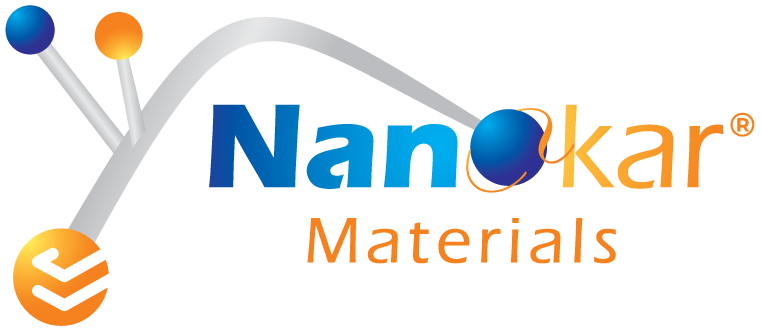What is Aluminum Foam for Battery and Supercapacitor Research?
Aluminum foam is a highly porous, lightweight, and conductive material used in energy storage systems such as batteries and supercapacitors. Due to its high surface area, excellent thermal conductivity, and mechanical stability, aluminum foam plays a crucial role in improving electrode performance, current collectors, and energy efficiency in next-generation energy storage technologies.
Chemical Properties and CAS Number
- Chemical Formula: Al
- CAS Number: 7429-90-5
- Molecular Weight: 26.98 g/mol
- Density: Varies depending on porosity (typically 0.2 – 0.6 g/cm³)
- Melting Point: 660.3°C
- Thermal Conductivity: ~237 W/(m·K)
- Electrical Conductivity: Highly conductive, dependent on foam structure
- Appearance: Lightweight metallic structure with high porosity
Applications of Aluminum Foam in Battery and Supercapacitor Research
1. Lithium-Ion Batteries (LIBs)
- Used as current collectors for high-power electrodes.
- Enhances electron transport efficiency due to its high conductivity.
- Reduces electrode resistance and improves energy storage capacity.
2. Supercapacitors
- Provides high surface area for increased charge storage.
- Improves electrode durability and thermal stability in extreme conditions.
- Used in electrode structures for rapid charge/discharge cycles.
3. Fuel Cells & Hydrogen Storage
- Acts as a highly conductive scaffold for fuel cell applications.
- Used in hydrogen storage systems due to its lightweight and porous nature.
4. Aerospace & Automotive Applications
- Used in lightweight energy storage solutions for electric vehicles (EVs).
- Provides thermal management in high-power battery packs.
5. Thermal Management Systems
- Applied in heat sinks and battery cooling structures for efficient heat dissipation.
Pricing of Aluminum Foam for Battery and Supercapacitor Research
- Small-scale research samples: $50 – $300 per sheet
- Bulk orders for industrial applications: $1,000 – $5,000 per batch
- Custom sizes & porosity structures: Prices vary based on specifications
Factors Affecting Pricing
- Porosity level and cell structure
- Surface treatment and modifications
- Customization for specific battery or supercapacitor applications
- Market demand and material availability
- Processing and manufacturing costs
Conclusion
Aluminum foam is an advanced material used in battery, supercapacitor, and energy storage research due to its lightweight, high conductivity, and thermal management properties. It is an essential component in next-generation energy storage devices where efficiency, durability, and performance optimization are crucial.
